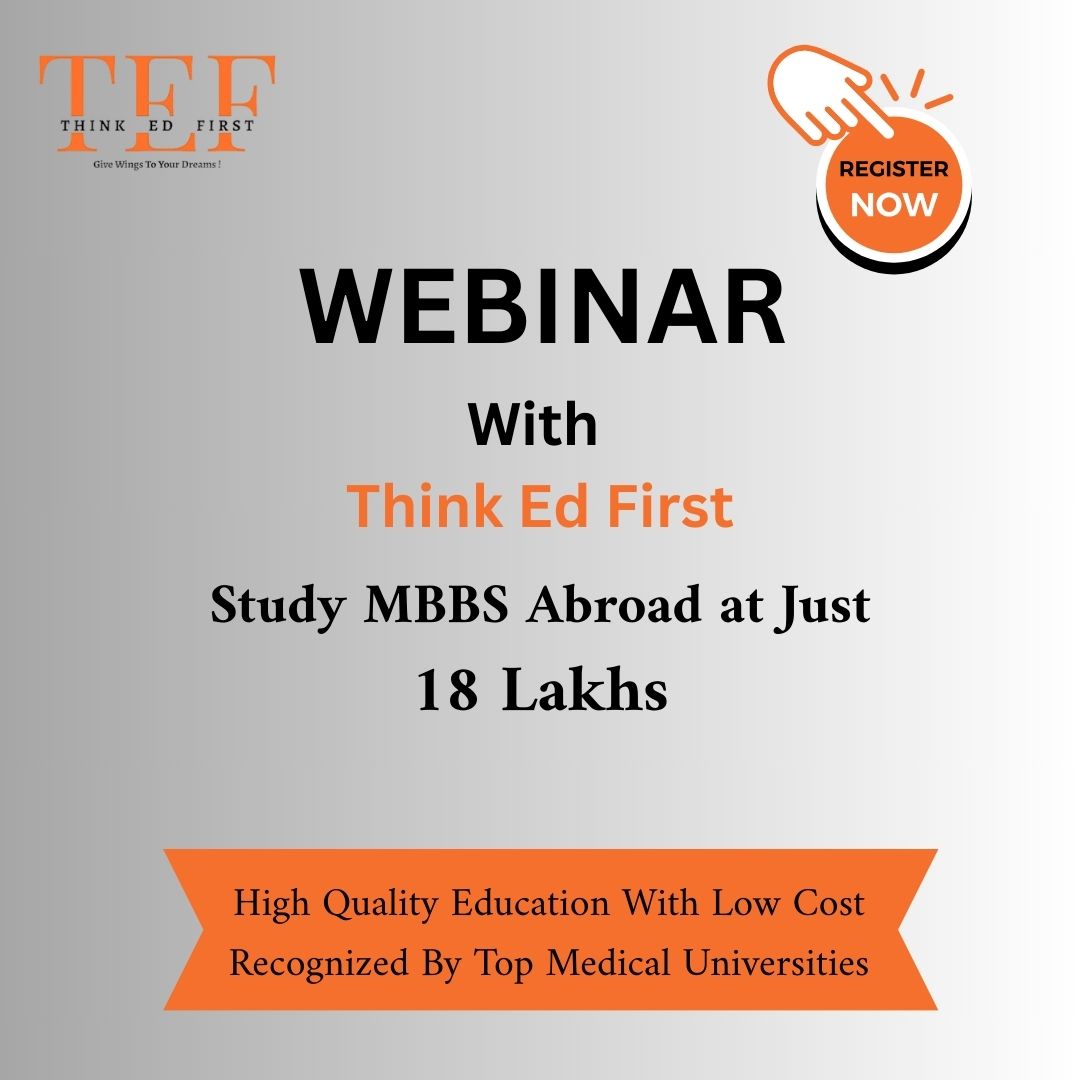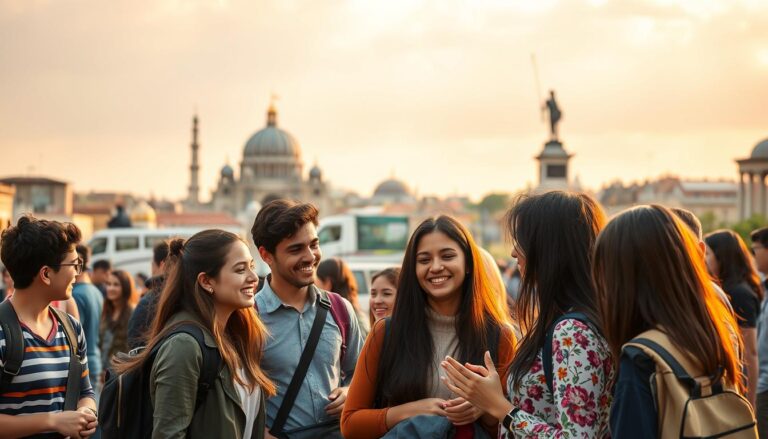Embarking on a journey to study in a foreign country is both exciting and challenging. One of the most critical steps is ensuring you have the right documentation. Without it, your dreams could remain just that—dreams.
For Indian students, understanding the requirements is essential. Key documents like your passport and an official invitation letter play a vital role. These are not just formalities; they are your gateway to a world-class education.
This guide is designed to walk you through every step, from filling out the application to final verification. We aim to make this process clear and stress-free, so you can focus on what truly matters—your future.
Introduction: The Appeal of Studying MBBS in Russia
Many aspiring medical professionals look beyond borders for quality education. Russia has emerged as a top choice for those seeking affordable and globally recognized degrees. Its universities are known for their academic excellence and advanced teaching methods.
One of the main reasons for this popularity is the affordability of education. Compared to private institutions in India, the cost of studying in Russia is significantly lower. This makes it an attractive option for families looking to invest in a bright future without financial strain.
Beyond academics, Russia offers a rich cultural experience. From historic landmarks to diverse traditions, students gain exposure to a unique way of life. This blend of education and culture creates a well-rounded experience for learners.
Why Russia Is a Preferred Destination
Russian medical universities are globally recognized for their high standards. Many institutions rank among the top in the world, ensuring that graduates are well-prepared for their careers. The curriculum is designed to provide both theoretical knowledge and practical skills.
Another advantage is the ease of admission. Unlike some countries, Russia does not require entrance exams or hefty donations. With a minimum of 50% in Physics, Chemistry, and Biology, and a NEET qualification, students can secure their spot in a reputable university.
The Importance of a Student Visa
Securing a visa is a crucial step in this journey. It is not just a formality but a legal requirement for studying abroad. The process begins with obtaining an official invitation letter from the university, which confirms your admission.
This section sets the stage for understanding the appeal of studying in Russia and the essential steps involved. In the following sections, we will dive deeper into the documentation and procedural details to help you navigate this process smoothly.
| Expense | Russia (INR) | India (INR) |
|---|---|---|
| Tuition Fees (Annual) | 2.5 Lakhs – 5 Lakhs | 10 Lakhs – 25 Lakhs |
| Living Costs (Monthly) | 12,000 – 21,000 | 15,000 – 30,000 |
| Total Course Duration | 6 Years | 5.5 Years |
Essential Steps in the student visa process for Russia MBBS
Navigating the steps to secure your spot in a foreign university can feel overwhelming, but it’s manageable with the right guidance. We’ll break down the key stages to help you stay organized and confident throughout the journey.
Obtaining Admission and the Official Invitation
The first step is securing admission to a recognized medical university. Once accepted, you’ll receive an official invitation letter. This document is crucial as it confirms your enrollment and is required for the next stages.
Processing the invitation typically takes 20 to 45 days. Ensure all your academic records and NEET qualification are ready to avoid delays.
Gathering Documents and Completing the Application
Next, gather all necessary documents. These include your passport, photographs, and the completed application form. Health insurance and financial proof are also mandatory.
Double-check each document for accuracy. Mistakes can lead to delays or rejection. Translation and notarization of documents may be required, so plan accordingly.
Attending the Visa Interview and Final Approval
The final step is the interview. Be prepared to discuss your study plans and financial stability. Common questions focus on your academic goals and how you’ll manage expenses.
Once approved, you’ll receive your visa. Standard processing takes 10 to 20 business days, but expedited options are available for faster results.
Key Documents and Visa Requirements
Preparing the right paperwork is a critical step in your journey abroad. Missing or incorrect documents can delay your application or lead to rejection. To avoid such issues, we’ve outlined the essential requirements you need to fulfill.
Passport, Photographs, and Visa Form Details
Your passport must be valid for at least 18 months from the date of application. Ensure it has blank pages for stamps. Recent photographs are also required. These should be 35 mm x 45 mm in size and not older than six months.
The completed visa form must be accurate and signed. Double-check all details to avoid errors. Submitting an incomplete or incorrect form can result in delays.
Medical Certificates and Financial Proof
Medical certificates are mandatory. These include HIV and COVID-19 test reports. A general health certificate from a recognized clinic is also required. Ensure all reports are up-to-date and properly notarized.
Financial proof is another crucial requirement. Bank statements for the last three months or a sponsorship letter must show sufficient funds to cover your stay. This ensures you can manage expenses without financial strain.
| Document | Specifications |
|---|---|
| Passport | Valid for 18 months, blank pages |
| Photographs | 35 mm x 45 mm, not older than 6 months |
| Medical Certificate | Includes HIV and COVID-19 tests |
| Financial Proof | Bank statements or sponsorship letter |
All documents must comply with translation and notarization guidelines set by Russian authorities. Submitting them to a recognized Russian university validates your application. Proper preparation ensures a smooth and stress-free experience.
Understanding Costs and Processing Timelines
Understanding the financial and time commitments is crucial for a smooth transition abroad. We’ll break down the expenses and timelines to help you plan effectively.
Breakdown of Visa Fees and Other Expenses
Visa fees vary based on the type of entry. Single-entry options range from INR 5,000 to INR 8,000, while multiple-entry visas cost between INR 8,000 and INR 12,000. Additional costs include health insurance, which averages INR 12,000 to INR 24,000 annually.
Document translation and notarization fees can add INR 2,000 to INR 4,000. HIV test certificates typically cost INR 1,000 to INR 2,000. These expenses are essential for a complete application.
Monthly living costs in Russia range from INR 25,000 to INR 40,000. This includes accommodation, food, and transportation. Tuition fees for medical programs average INR 2.5 to 5 lakhs annually, making it an affordable option.
Processing Time and Application Deadlines
Standard processing takes 10 to 20 business days. Expedited options are available for 3 to 7 days but come with higher fees. It’s advisable to apply early to avoid delays.
Key deadlines include submitting your application at least 45 days before your intended travel date. This ensures sufficient time for processing and avoids last-minute stress.
| Expense | Cost (INR) |
|---|---|
| Single-Entry Visa | 5,000 – 8,000 |
| Multiple-Entry Visa | 8,000 – 12,000 |
| Health Insurance | 12,000 – 24,000 |
| Document Translation | 2,000 – 4,000 |
| HIV Test Certificate | 1,000 – 2,000 |
Being aware of these costs and timelines ensures better budgeting and a smoother application experience. Plan ahead to avoid surprises and focus on your goals.
Post-Arrival Procedures and University Support
After arriving in a new country, the first steps are crucial for a smooth transition. Proper registration and understanding local requirements ensure compliance and peace of mind. Universities play a vital role in guiding newcomers through these processes.
Mandatory Registration and Migration Card Process
Upon arrival, you must complete migration registration within seven days. This involves submitting your migration card and passport to local authorities. The university often assists with this procedure, making it hassle-free.
Early registration is essential to avoid penalties. Keep track of important dates to ensure timely compliance. Proper documentation confirms your legal status and helps you settle in smoothly.
University Assistance and Working While Studying
Many institutions offer robust support services to help international students adapt. From accommodation guidance to academic counseling, these resources are invaluable. Additionally, part-time work opportunities are available for those looking to manage expenses.
Students can work up to 20 hours per week during the academic year. Universities provide information on job regulations and available positions. Balancing work and studies becomes easier with the right assistance.
For more details on settling into life abroad, explore our comprehensive guide on MBBS in Russia. This resource offers insights into academic and living arrangements, ensuring a well-rounded experience.
Overcoming Challenges in the Visa Application Process
Applying for a visa can present several hurdles, but with the right approach, these can be managed effectively. From language barriers to financial proof, understanding these challenges early ensures a smoother experience.
Navigating Documentation and Language Barriers
One of the most common issues is ensuring all documents meet the strict requirements. Errors in paperwork can lead to delays or rejections. Double-checking each detail is essential.
Language barriers can also complicate the process. If documents are not in the required language, professional translation services are a must. Many universities offer assistance with this, so it’s worth exploring their resources.
Managing Financial Proof and Other Hurdles
Proving financial stability is another critical step. Bank statements or sponsorship letters must show sufficient funds to cover your stay. If your balance is low, consider adding a sponsor or providing additional financial records.
Reviewing your application thoroughly is key. Mistakes in the visa form or missing documents can lead to unnecessary setbacks. Seeking professional help or university guidance can simplify this process.
- Use professional translation services for accurate document preparation.
- Ensure financial proof meets the required criteria.
- Double-check all application details to avoid errors.
- Seek assistance from your university or a visa consultant for complex issues.
Overcoming these challenges early improves your chances of success. For more tips on managing your application, explore our guide on applying for medical studies abroad.
Conclusion
Proper planning and attention to detail can make your academic journey abroad seamless. From securing the right invitation to understanding the processing time and visa type, each step is crucial. Early application and meticulous document preparation ensure a smooth experience.
Choosing the right program and adhering to every requirement sets the stage for success. Whether it’s a single-entry or multiple-entry type, knowing the associated fees and timelines helps you plan effectively. Legal compliance throughout your stay is ensured by following these steps diligently.
We encourage you to use this guide as a comprehensive resource for your application journey. For more insights on affordable opportunities, explore our guide to study MBBS abroad at low cost. Your future is bright—take these steps with confidence and clarity.





